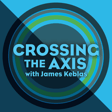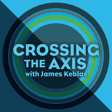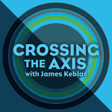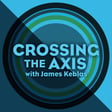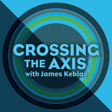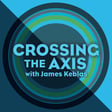![[Client Side Conversation] How To Win Business With Kevin Knutson image](https://media.zencastr.com/cdn-cgi/image/width=54,quality=85/image-files/64345e68e579463eb2b613e2/100d176c-660f-461e-88a3-46fa027159d4.png)
[Client Side Conversation] How To Win Business With Kevin Knutson
Get ready for an insider’s perspective on winning the client-side game in this conversation with Kevin Knutson, a seasoned industry leader in creative marketing, content strategy, production, and brand development. With a career shaped by roles at outdoor brands like REI, Filson, and Eddie Bauer, Kevin now serves as the Creative Director at Mod Pizza. In this episode, he offers insights on what truly resonates with clients when production companies pitch their services—from the essential elements of a reel to approaches that add genuine value.
Kevin shares his thoughts on the ideal client-partner relationship, including when to bring creative ideas to the table, how to strike a balance between collaboration and hands-off execution, and best practices for navigating post-project follow-ups.
Tune in to hear Kevin’s do’s and don’ts for engaging with him and other creative directors, along with candid advice on what he values most from production partners. This episode is packed with actionable tips that can transform how you approach potential clients and elevate your biz dev strategy to new heights.
